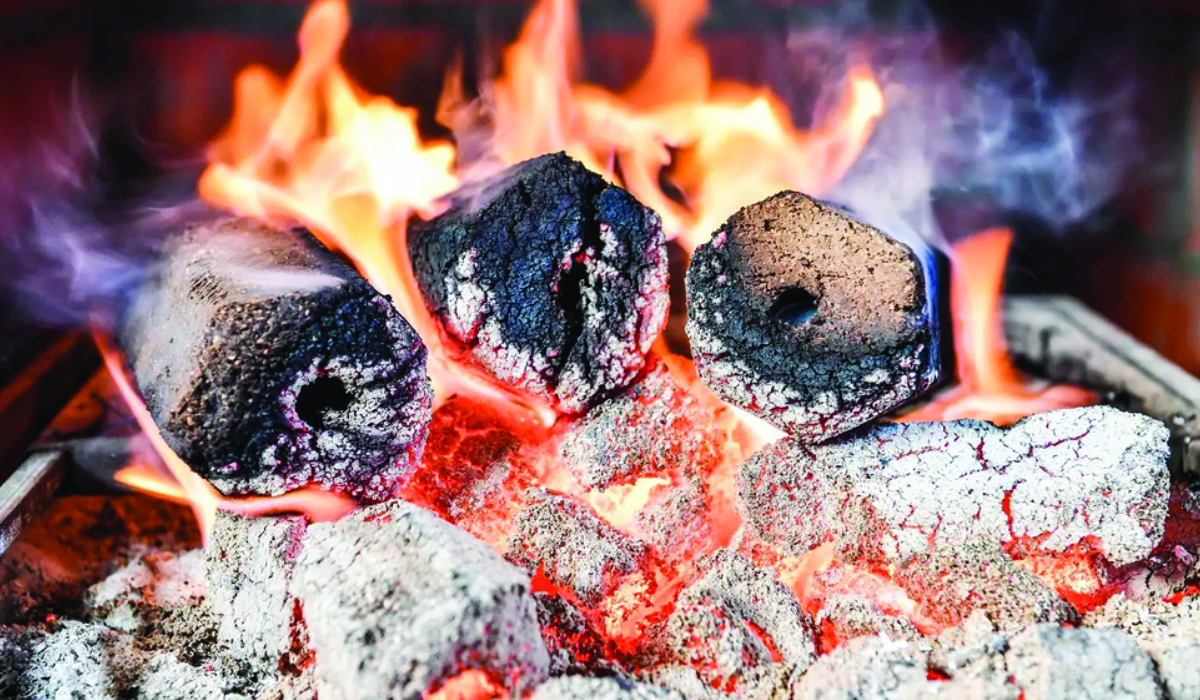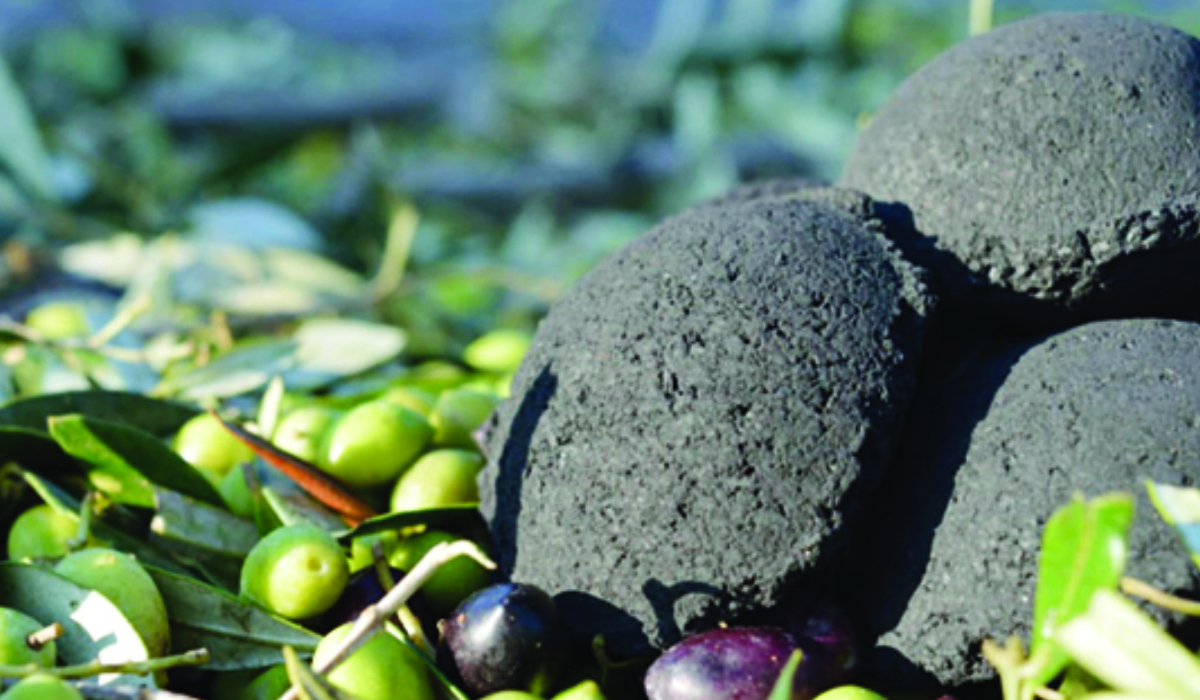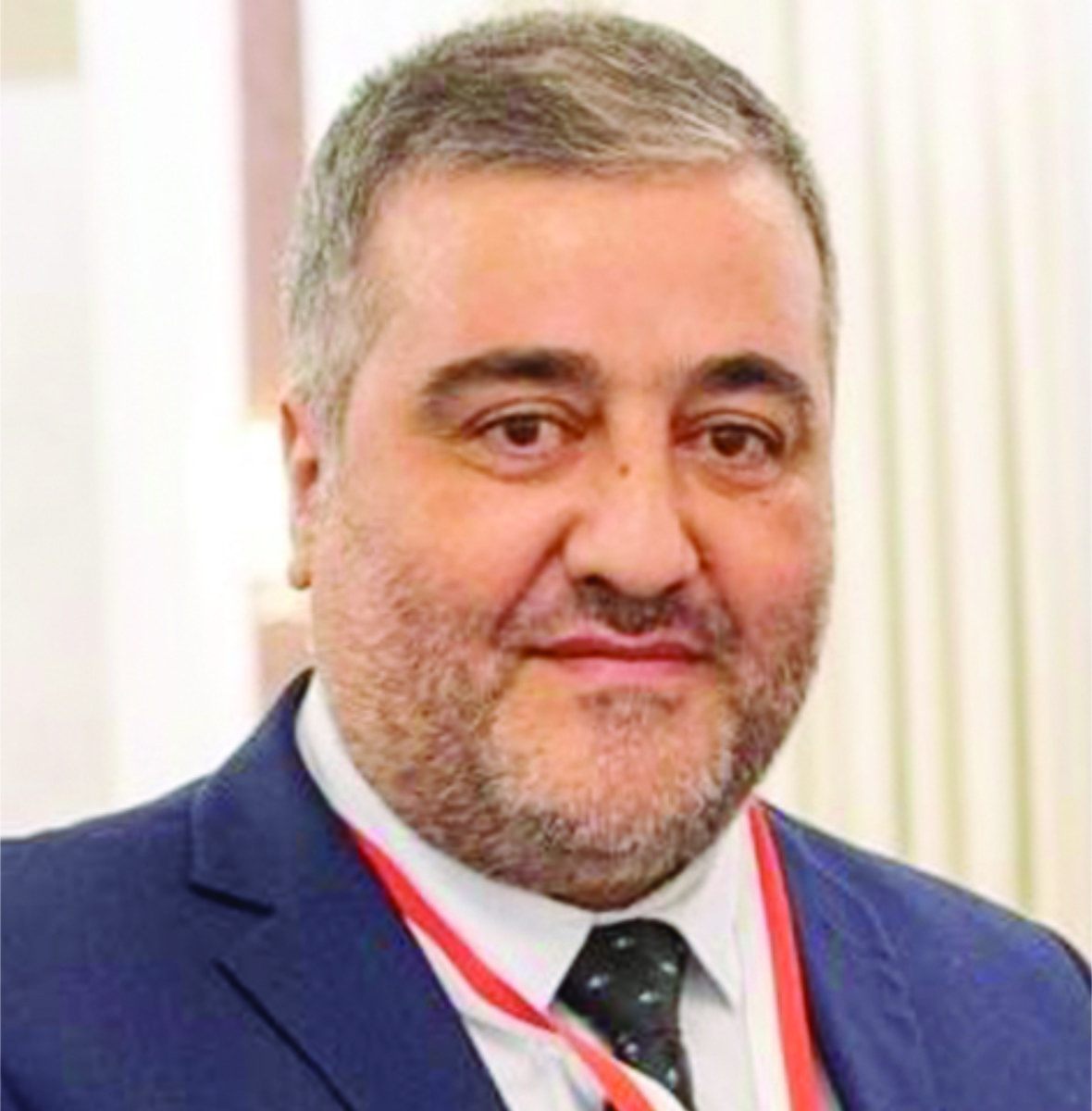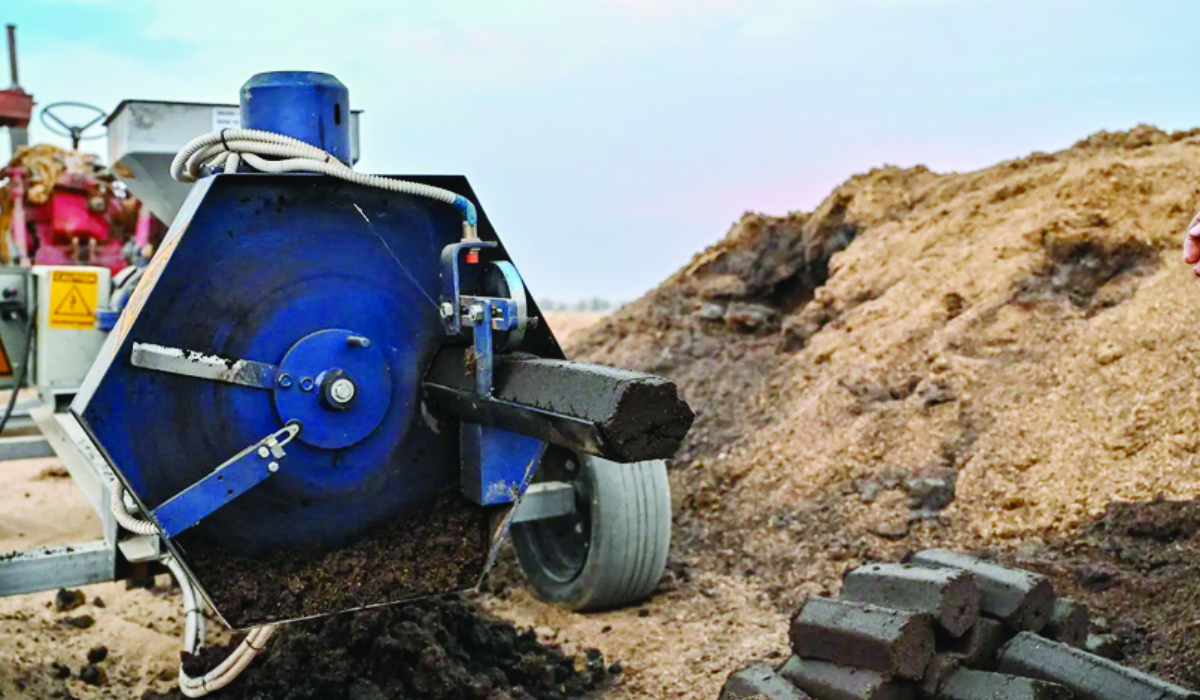JEDDAH: Families across Saudi Arabia are preparing for winter, which for many means outdoor picnics and gatherings.
These often involve using charcoal for grilling and warmth, but this traditional practice has taken a toll on the environment.
However, the Kingdom’s versatile landscape has paved the way for innovative industrial substitutes. A natural alternative known as “jift” — or olive pit charcoal — has emerged in local markets, providing a sustainable solution while supporting local farmers and olive oil producers.

A natural alternative to charcoal known as ‘jift’ — or olive pit charcoal — has emerged in local markets, providing a sustainable solution while supporting local farmers and olive oil producers. (SPA/Supplied)
During the October production season, farmers and olive oil presses collaborate to repurpose byproducts such as branches and leaves into materials for use in various commercial products.
Olive oil specialist Ibrahim Lahbib Sabouni, a consultant at the University of London, shed light on the process of making jift charcoal and its significant benefits for both the environment and the local economy.
HIGHLIGHTS
• Jift is the pulpy substance left behind after the majority of oil has been extracted from the olive paste.
• It is made through the slow drying of agricultural residues, which are then fermented, dried, shaped into blocks.
• It is available for around SR40 ($11) per carton.
Jift is the pulpy substance left behind after the majority of oil has been extracted from the olive paste. Sabouni said: “Its value is determined by the concentrations of oil and water within, with moisture content varying based on the production process.”
Olive oil byproducts were ideal raw materials for creating jift charcoal due to their abundance and significant organic matter content, he added.

A natural alternative to charcoal known as ‘jift’ — or olive pit charcoal — has emerged in local markets, providing a sustainable solution while supporting local farmers and olive oil producers. (SPA/Supplied)
The northern regions of Jouf and Tabuk, often referred to as the Kingdom’s “olive basket,” boast around 30 million olive trees covering 7,300 hectares. The rich soil provides an ideal environment, leading to the production of thousands of liters of olive oil each year. This offers numerous options to create products from the extracted jift, which can also be used in animal feed production.
Jift charcoal is made through the slow drying of agricultural residues, which are then fermented, dried, shaped into blocks or molds and burned in special ovens. The result is an eco-friendly alternative charcoal that can be used in heating homes, cooking and generating power.

Ibrahim Lahbib Sabouni, Expert
While jift charcoal is considered superior to traditional charcoal due to its longer burning time, widespread adoption in the Kingdom will require proper ovens.
Sabouni said: “The production of jift charcoal can play a significant role in utilizing olive oil byproducts. However, proper infrastructure and specialized ovens for burning olive oil residues and suspensions must be available.”
Toward a healthier Earth
Jift charcoal not only offers a sustainable alternative to traditional charcoal but also addresses environmental concerns associated with uncontrolled burning.
As the Kingdom explores the potential of jift charcoal production, it takes a significant step towards a greener and healthier future.
Ibrahim Lahbib Sabouni, Expert
Sabouni said: “Traditional charcoal burning in open fires or household stoves releases toxic gases and dense smoke, contributing to air pollution. In contrast, jift charcoal is produced using environmentally friendly methods, minimizing harmful emissions.”
Saudi Arabia has quadrupled its renewable energy capacity in the last two years as part of its move towards net zero emissions by 2060, according to the Minister of Energy Prince Abdulaziz bin Salman.

A natural alternative to charcoal known as ‘jift’ — or olive pit charcoal — has emerged in local markets, providing a sustainable solution while supporting local farmers and olive oil producers. (SPA/Supplied)
At the Saudi Green Initiative Forum, Minister of Finance Mohammed Al-Jadaan emphasized the Kingdom’s commitment to a greener future and said: “We need to invest in innovative technology solutions — such as carbon capture, utilization and storage — and the circular carbon economy to achieve climate change goals, as well as achieving a reliable and just energy transition which will also contribute to supporting the growth of the global economy in a sustained manner.”
With the increasing emphasis on sustainable practices, jift charcoal has become a promising solution in Saudi Arabia. Demand is on the rise, leading to its production using industrial methods. It is conveniently packaged in specialized molds and available for no more than SR40 ($11) per carton.
“By repurposing olive oil byproducts this eco-friendly alternative not only supports local economies but also contributes to environmental conservation,” added Sabouni. “As the Kingdom explores the potential of jift charcoal production, it takes a significant step towards a greener and healthier future.”


















